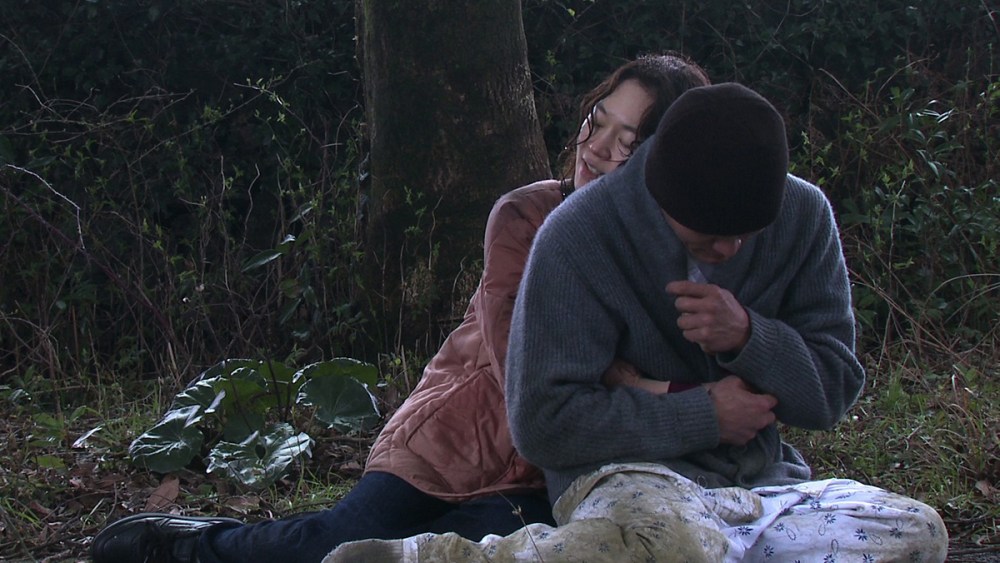Korean Director Kang Mi-ja Returns
The second feature from Kang Mi-ja — and her first after a gap of 17 years — “Spring Night” is a tender, compact relationship drama about ships passing in the night, buoyed by a pair of stellar performances working in completely different modes. Adapted from Kwon Yeo-sun’s novel, its tale of an alcoholic woman and an arthritic man meeting in middle age has a fairytale-like quality, and an oblique telling that skips through time in both unique and familiar ways. While this temporal hopscotch helps it re-create intriguing sensations, it prevents the film from completely connecting, despite the occasionally shattering moments its actors create
The way Kang introduces her characters has a definitive quality bordering on prescriptive, but given the film’s mere 67-minute runtime, it proves economical. We first meet the soft-spoken Su-hwan (Kim Seol-jin) as he prepares to attend a friend’s wedding afterparty, while another acquaintance accosts him with questions about his financial woes, unaware of the health issues Su-hwan is facing. Instead of pushing back, he subtly retreats within the frame. The image is soon consumed by harrowing close-ups of a stranger, Yeong-gyeong (Han Ye-ri), at the aforementioned event. A woman whose mysterious agony proves all-consuming, she pounds back shots of soju amidst a handful of unconscious guests before Su-hwan — the only other person left awake — gives her a gentle piggyback ride home as she regales him sweet, poetic whispers in exchange.
Before long, this chance meeting becomes a ritual, during which Yeong-gyeong unburdens herself, and Su-hwan subsequently finds some much-needed company. While there’s an undoubtedly romantic quality to their dynamic, it’s also equally codependent, and eventually meets complicated hurdles when they seek treatment for their respective ailments. This more logistical plot thread proves surprisingly languid for a such a nanoscopic feature, but Kang plays with its withdrawn qualities in fascinating ways. The movie’s sense of time, while linear, slides along a shifting scale, punctuated by harsh cuts to black not just between adjacent scenes, but within ongoing ones as well, as if to capture Yeong-gyeong’s liminal consciousness as she blacks out from drinking.
At times, the straightforward two-shot compositions of “Spring Night” resemble the soothing setups of a Hong Sang-soo film (a director whose characters also tend to reveal anxieties over libations), but where the two artists diverge is key. Kang seldom imbues her scenes with a calming ambience or atmosphere — a sense of buzz, of metropolitical life, or of nature, to fill the space — leading to an eeriness that Yeong-gyeong feels compelled to counteract with words. With a pain that bubbles just beneath the surface, Han takes on the role of an ostensible chorus, revealing elements of Yeong-gyeong’s past as soon as there’s a lull in the conversation.
Unfortunately, Su-hwan’s presence (or distinct lack thereof) is such a central pillar of the film’s construction that the story never quite overcomes it. He remains an enigma. However, where “Spring Night” stumbles as traditional drama, it strikes on a more ethereal level, as a film in which sound and image work in tandem to address the looming question: “How do you fill emptiness?” The answers take the form of both acoustic gaps, and sprawling physical spaces around its central characters — especially during night scenes, when the possibilities seem infinite. It’s a film that works best when it’s poetic, and removed from reality, even though it skirts up against that boundary often enough to be noticed.


